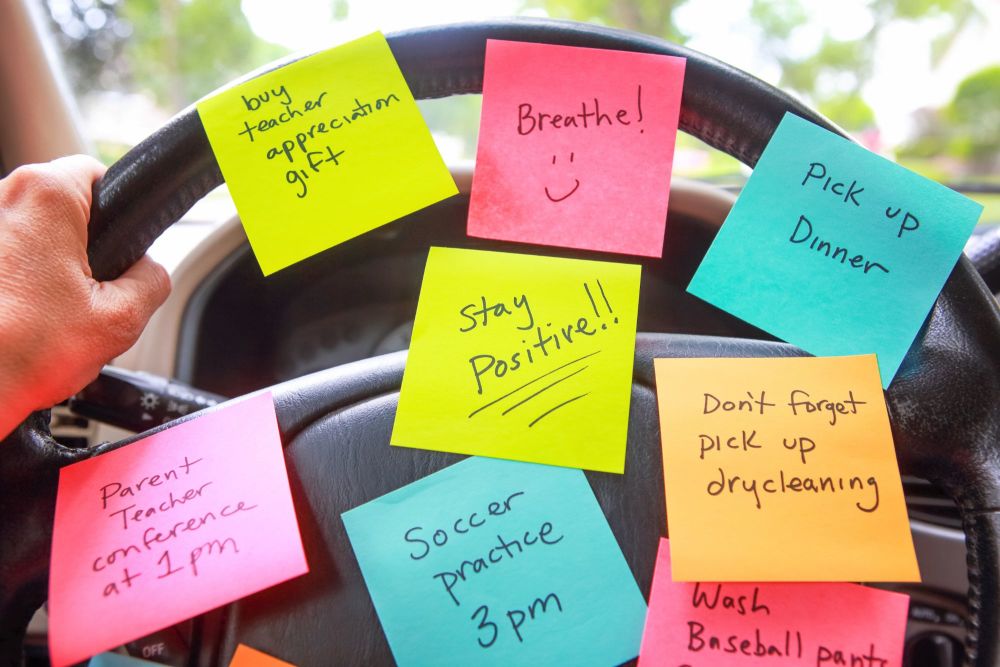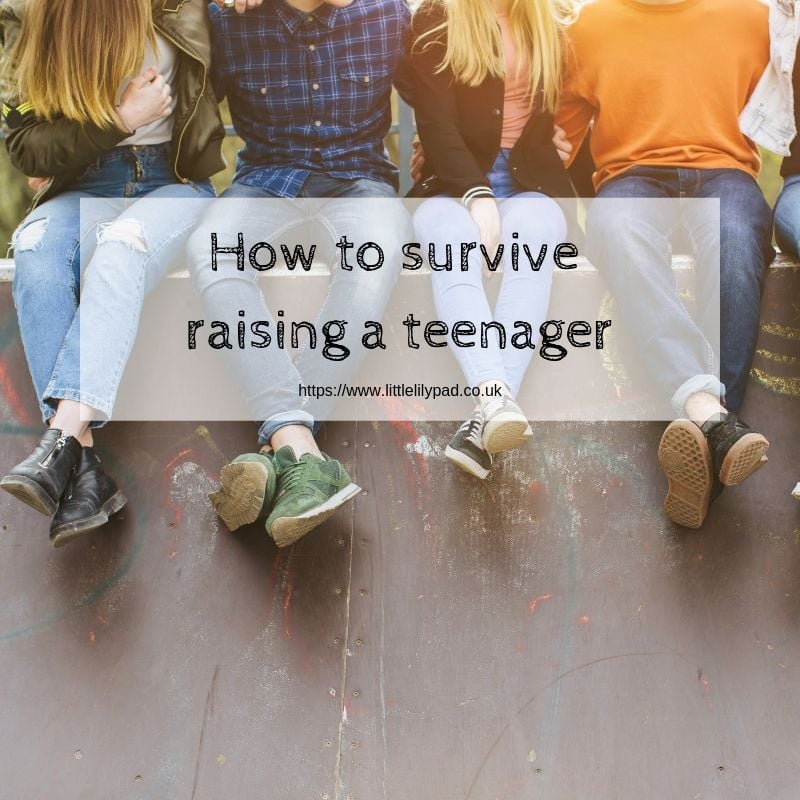Time Saving Tips for Mums
Posted on
Whether you have one child or more, the daily tasks of making meals, washing clothes, making things better, and making time for yourself can be just a wee bit overwhelming. I have a friend who regularly suggests that there is more than one of me but I have to admit that I run a tight ship so wanted to share some of my top time saving tips with you!

Shopping List
Have you scrambled to find something to put on the table? Plan all of your meals for the week and get all your shopping done once a week with a complete list. Having meals planned out eases the mind with regards to what meal will have to be put on the table and what goes in the lunch kits. I have spent so much time looking in the fridge wondering what to put on the table before I planned meals in advance
Be prepared for viruses
Always have Calpol and other remedies on hand. To have a child at home sick with a fever and then having to drag the poor child(ren) to the shops is so distressing on all the people involved. Having these will save time and so much more.
Daily Schedule/Planner
Have a schedule for all to see in the kitchen. I chose the kitchen because everyone goes there everyday. With this you can get prepared for the next day by having the necessary things ready. For example, the hockey gear can be checked to see if it all there or the ballet outfits can be put together the day before so you are not scrambling to find things at the last minute.
Designate age appropriate chores
After supper if the kids are old enough to carry their plates to the sink get them to do so along with putting the ketchup in the fridge etc. It can be a fun time and the child(ren) gain a sense of belonging and fulfillment even. Starting this can be daunting, but once the routine is established it saves time. If they are too young for this they will be old enough soon. Tummy time turns into chore time soon.. This can be a good time to have them sort out their outfits for the next school day too.
Have a stocked cupboard
Having all the necessary supplies makes homework so much easier. Have pencils, sharpener, scissors, erasers crayons, markers, and glue in a container. Then when it is time to do the homework you won’t spend time looking for things, put who knows where yesterday.
Post Checklists
Some child(ren) are daydreamers, I have one. He sometimes remembers to comb his hair, but forgets to brush his teeth. A checklist by the light switch helps him remember to do both. Younger kids could have picture checklists if they are unable to read yet.
Take Naps (best advice ever!!)
When your child is in school or taking a nap get a little shut eye yourself. If you work this does not work during the week, but on the weekends if you can squeeze in a nap it can perk you up so much. Make rest and sleep a priority for you, the housework can wait.
Get a babysitter
Any parenting article tells you to do this, but affording the time away is hard especially for some single mothers. Perhaps make an arrangement with another mother if necessary to get some time away to get some perspective.
Get a cleaner
This can be hard to afford for many too, but it could even be for just one day a month for some of the larger jobs like doing the floors. The cost is the same as going to a movie and restaurant. Having the house clean is quite a treat to give yourself and you are worth it.
Spend time with your child(ren)
Even if you can only make 15 minutes of your day for this, it is time well spent. I find if I do not do this my two girls tend to bicker more and just get very irritable and I then have to spend time disciplining them instead, so I choose to read with them or just lie down with them and chat. It provides so much balance for them and balance for me too.












